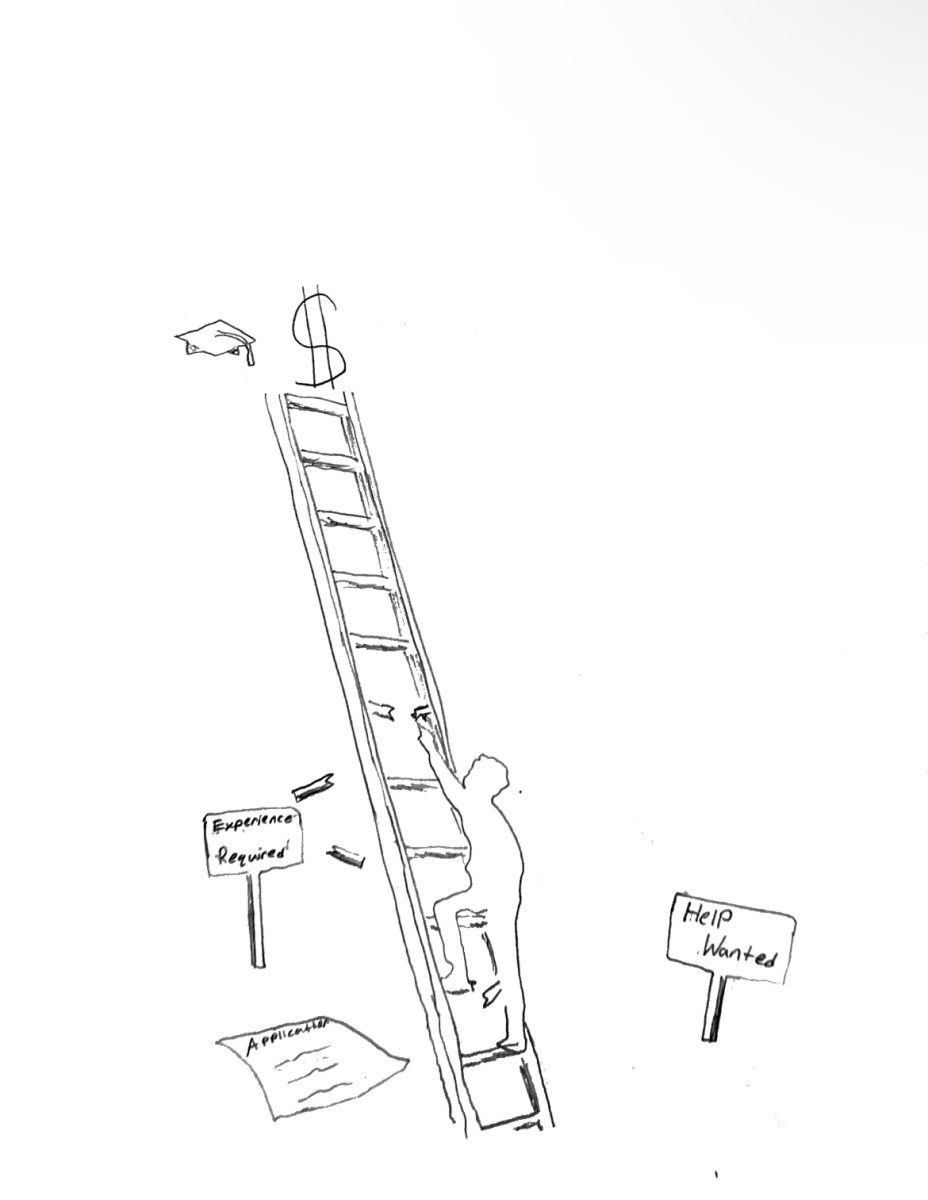
“It was months of feeling a thousand times worse than any flu I’ve ever had. Before [medical cannabis] became legal, people would have to choose between breaking the law and suffering terribly,” said president and CEO of Garden Remedies, Dr. Karen Munkacy.
Dr. Munkacy, a cancer survivor herself, experienced a common symptom among cancer patients: extreme nausea. However, the most effective remedy for her nausea, marijuana, was illegal in her home state of New Jersey.
Though having various benefits, marijuana use has been a controversial topic for decades. Federally legalizing marijuana would standardize the regulations across all fifty states. This will support patients who need medical marijuana, benefit people of color by reducing prosecution rates in certain communities, raise money through taxes, and create safe regulations for consumers.
In many areas, racial prejudices are illustrated through marijuana-related arrests. While African-Americans smoke cannabis at the same rate as white people, they are four times more likely to be arrested for marijuana possession. According to the American Civil Liberties Union, marijuana-related arrests account for more than half of all drug arrests in the United States. Federally legalizing marijuana would potentially free hundreds of thousands of people arrested for marijuana possession charges. Furthermore, it would limit any future arrests, especially for people of color that are disproportionately affected by drug laws.
A criminal record can impact a person’s future job, housing, college admission, loans, and scholarships. A 2009 Health and Human Services study found that having served time for possessing drugs, with the intent to distribute, greatly reduced interviews for entry-level jobs. Interviews were cut by 50 percent for white applicants and by 64 percent for black applicants. Marijuana is a recreational drug in 11 states. Why should an arrest for marijuana possession affect one’s job prospects in some states and not others?
Similar to criminal records encumbering former inmates, laws prohibiting marijuana use hinder scientists’ ability to study the plant’s various health benefits. Cannabidiol (CBD), an ingredient found in marijuana, can be used to treat Dravet syndrome and Lennox-Gastaut syndrome, two severe epileptic disorders that don’t react well to anti-seizure medications. As stated in the Harvard Health Blog, CBD can be used to reduce or potentially stop seizures, ease anxiety, lower arthritic inflammation, and help with insomnia. According to a study by Yasmin Hurd, director of the Addiction Institute of Mount Sinai in New York City, CBD can reduce cravings and cue-based anxiety, feelings that many addicts suffer from.
CBD clearly has many benefits. However, scientists cannot thoroughly study it when federal law classifies marijuana as a Schedule I drug, putting it in the same legal classification as other drugs such as heroin and methamphetamine. This makes it extremely difficult for scientists to obtain marijuana from dispensaries to study. Even though scientists are limited in their CBD research, most Americans can access marijuana relatively easily, even in states where the drug is illegal. However, according to the Harvard Health Department, many CBD products, even when sold legally, are not well-regulated by the FDA. This makes it difficult for consumers to know if the products they buy are safe.
Francis Collins, director of the National Institutes of Health, also believes additional marijuana studies are required.
“We’d really like to have studies where you’re studying [THC and CBD] in pure form so you can see what they’re doing, but because of various limitations of Schedule I limits, we are not able to do as much as we would like,” Collins stated on C-SPAN’s Newsmakers.
Of course, the dangers of marijuana use must be taken into account. Marijuana can affect cognitive functioning and memory and it may also damage lung tissue. Many people opposed to legalization argue that teens will have easier access to the drug when states legalize. According to The Washington Post, smoking marijuana can increase teens’ risk of substance abuse disorders and mental health problems. However, research suggests that legalizing cannabis increases adult but not adolescent use. As stated by the Washington Post, following Colorado’s legalization of marijuana in 2014, marijuana use in teens aged 12-17 was found to drop 12 percent.
Federally legalizing marijuana will provide a chance for the government to present safe regulations that protect consumers, while also improving the economy. According to NBC, a bill was recently approved by the House Judiciary Committee that legalizes marijuana on a federal level and eliminates it from the Schedule I drug category. It includes a 5% tax on cannabis products that would fund job training and legal aid to those most affected by the war on drugs. In order for the bill to pass, it must be approved by the Republican-controlled Senate, which may be difficult.
Even here in Larkspur, a city in a state with legalized recreational use, marijuana dispensaries were banned last year. This local prohibition may make it difficult for adults to access marijuana for medical use.
Until marijuana use is federally legalized, state and racial disparities in marijuana regulation will affect citizens unequally. People will continue to be convicted of marijuana-related crimes while others will make a living by selling it legally. Some cancer patients will be denied treatment to help deal with chemotherapy. Recreational marijuana users may not know the ingredients in their purchases because they will buy it illegally. As for carrying medical marijuana across state lines? Don’t even think about it. Without the federal legalization of marijuana, these inequalities will continue to exist.







